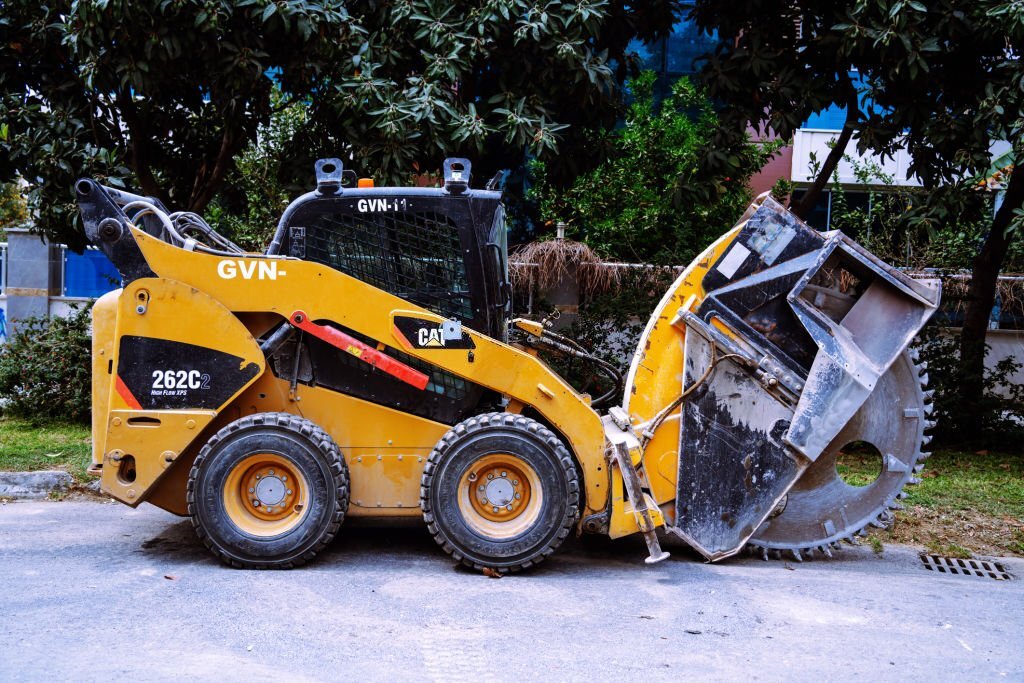
Introduction:
Trenchers are invaluable tools in heavy equipment operations, used for digging trenches in various industries such as construction, utilities, and landscaping. They come in different configurations to cater to specific job requirements. This article provides an in-depth exploration of the different types of trenchers used in heavy equipment. From chain trenchers to wheel trenchers and micro trenchers, we will delve into their unique features, applications, and advantages. By understanding the diverse options available, you can select the most suitable trencher for your specific heavy equipment needs.
I. Chain Trenchers:
Chain trenchers are among the most common types of trenchers used in heavy equipment operations. They consist of a digging chain fitted with cutting teeth that excavates the ground as it moves. Chain trenchers are highly efficient and can dig trenches of various depths and widths. They are suitable for applications such as utility installation, irrigation systems, and drainage projects. The cutting teeth can be customized based on soil conditions, allowing for versatility in different terrains. Chain trenchers are available in various sizes, from small walk-behind models to large self-propelled units.
II. Wheel Trenchers:
Wheel trenchers, also known as rock wheel trenchers, employ a rotating wheel with cutting teeth to excavate the ground. The wheel can be equipped with various types of cutting attachments, such as rock teeth for challenging soil conditions. Wheel trenchers are ideal for cutting through hard or compacted surfaces, including asphalt and concrete. They are commonly used in road construction, pipeline installation, and other projects that require precise and controlled cutting. Wheel trenchers come in different sizes, ranging from compact units for small-scale projects to large units for heavy-duty applications.
III. Micro Trenchers:
Micro trenchers are specialized trenching machines designed for narrow and shallow trenching applications. They are commonly used in urban areas where space is limited or where minimal disruption to existing infrastructure is desired. Micro trenchers create narrow trenches typically between 1 to 3 inches wide and up to 12 inches deep. These trenches are ideal for laying fiber optic cables, small utility lines, and irrigation systems. Micro trenchers offer precise cutting capabilities while minimizing disturbance to surrounding surfaces, making them suitable for projects with strict spatial requirements.
IV. Chain-Wheel Trenchers:
Chain-wheel trenchers combine the features of both chain trenchers and wheel trenchers, offering enhanced versatility in heavy equipment operations. These trenchers feature a combination of a digging chain and a rotating wheel with cutting teeth. The chain digs the initial trench, while the wheel follows behind, refining the trench profile and providing a smoother finish. Chain-wheel trenchers are highly efficient in various soil conditions and can tackle both soft and hard surfaces. They are commonly used in utility installation, landscaping projects, and other applications where precise trenching is required.
V. Vibratory Plow Trenchers:
Vibratory plow trenchers, also known as vibratory cable plows, utilize vibrating blades to create trenches for the installation of underground cables, conduits, and pipes. The vibrating blades cut through the soil while simultaneously displacing it to the sides, creating a trench without the need for excessive excavation. Vibratory plow trenchers are highly efficient and minimize surface disruption, making them ideal for projects that require minimal ground disturbance. They are commonly used in utility installations, telecommunication networks, and irrigation systems.
VI. Advantages and Considerations:
The different types of trenchers offer specific advantages and considerations for heavy equipment operations. Chain trenchers are versatile and can handle various soil conditions. Wheel trenchers excel in cutting through hard surfaces and offer precise control. Micro trenchers are ideal for narrow and shallow trenching in urban environments. Chain-wheel trenchers combine the benefits of both chain and wheel trenchers. Vibratory plow trenchers provide efficient and low-impact trenching. When selecting a trencher, consider factors such as soil conditions, project requirements, and the desired trench dimensions to ensure the most appropriate choice.
Conclusion:
Trenchers are essential tools in heavy equipment operations, enabling efficient and precise trenching for a wide range of applications. The different types of trenchers, including chain trenchers, wheel trenchers, micro trenchers, chain-wheel trenchers, and vibratory plow trenchers, offer unique features and advantages to cater to specific job requirements. By understanding their capabilities and applications, heavy equipment operators can select the most suitable trencher for their projects, ensuring efficient excavation, utility installation, and drainage systems. Each type of trencher brings its own set of benefits, empowering businesses to optimize their heavy equipment operations and achieve successful project outcomes.

